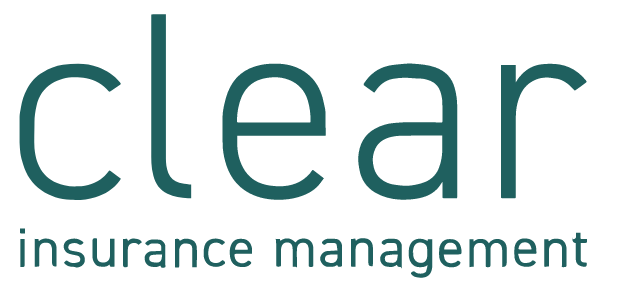When it comes to being dyslexic, there can be misconceptions. For example, some associate dyslexia with just reading and spelling, or not being academic.
Dyslexia sits under the neurodivergent umbrella along with autism, ADHD, OCD and many more. If a person has dyslexia, it is highly likely the individual will also be diagnosed with ADHD.
The daily challenges
Being dyslexic can affect everyday life and tasks, such as:
- Problems with speech, such as piecing a sentence together, or mispronounced words.
- Forgetfulness, lack of memory and trouble remembering sequences like the months of the year and the alphabet. Recalling phone calls, emails and repetitive tasks can also prove difficult.
- Organisation problems in a professional and personal capacity, such as filing documents efficiently. Multi-tasking is very hard and can be extremely overwhelming (especially under pressure), whereas focusing on one task and also taking screen breaks helps manage cognitive load.
- Maintaining focus, particularly in busy environments can be a challenge due to difficulty filtering out irrelevant stimuli.
- Time management is a struggle which can be linked to a condition called time blindness. These issues lead to challenges planning most things, arranging tasks and perceiving the passage of time, making it difficult to estimate how long activities may take.
- Often struggle to know their left and rights.
- Gross motor skills can be affected. This may often come across as clumsiness, poor balance and can make tasks more challenging that require hand – eye coordination. This can be linked to the brain and nerve processes, and because of this you’re also more likely to suffer from motion sickness.
Dyslexia: let’s talk positive
Having dyslexia doesn’t make you less academic, it just means your brain works differently. Albert Einstein was incredibly famous for his discovery of the theory of relativity, which changed the understanding of space, time and gravity. Similarly, Richard Branson has spoken openly about his journey, and how his childhood struggles with dyslexia gave him an adaptive thinking skill later on in life.
Further positives include: enhanced creativity, strong spatial reasoning, and high emotional intelligence (like being good at reading body language and emotions). Often people with dyslexia excel at problem solving by ‘thinking out of the box’, making connections between unrelated ideas and seeing a pattern that others might miss. They are more intuitive, have vivid imaginations and also have the ability to grasp complex concepts quicky and are proven to be incredibly resilient.
In short, there is much more to dyslexia than what meets the eye. While there are overlooked daily struggles, it's important to focus on the amazing things it allows someone to accomplish. People with dyslexia should not be underestimated, and proud of who they are.







